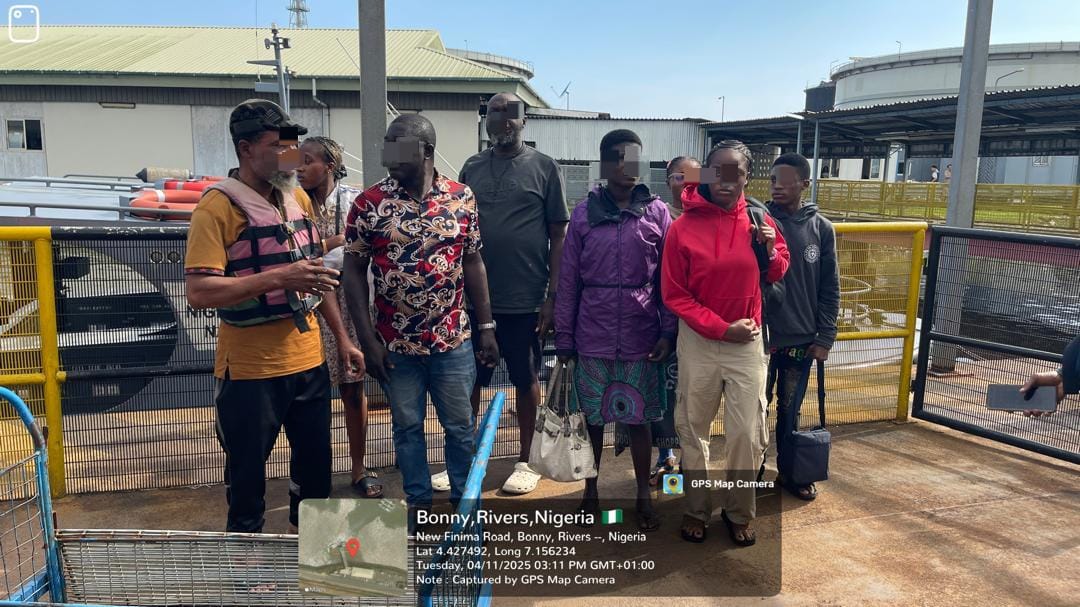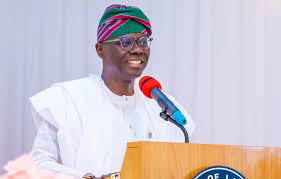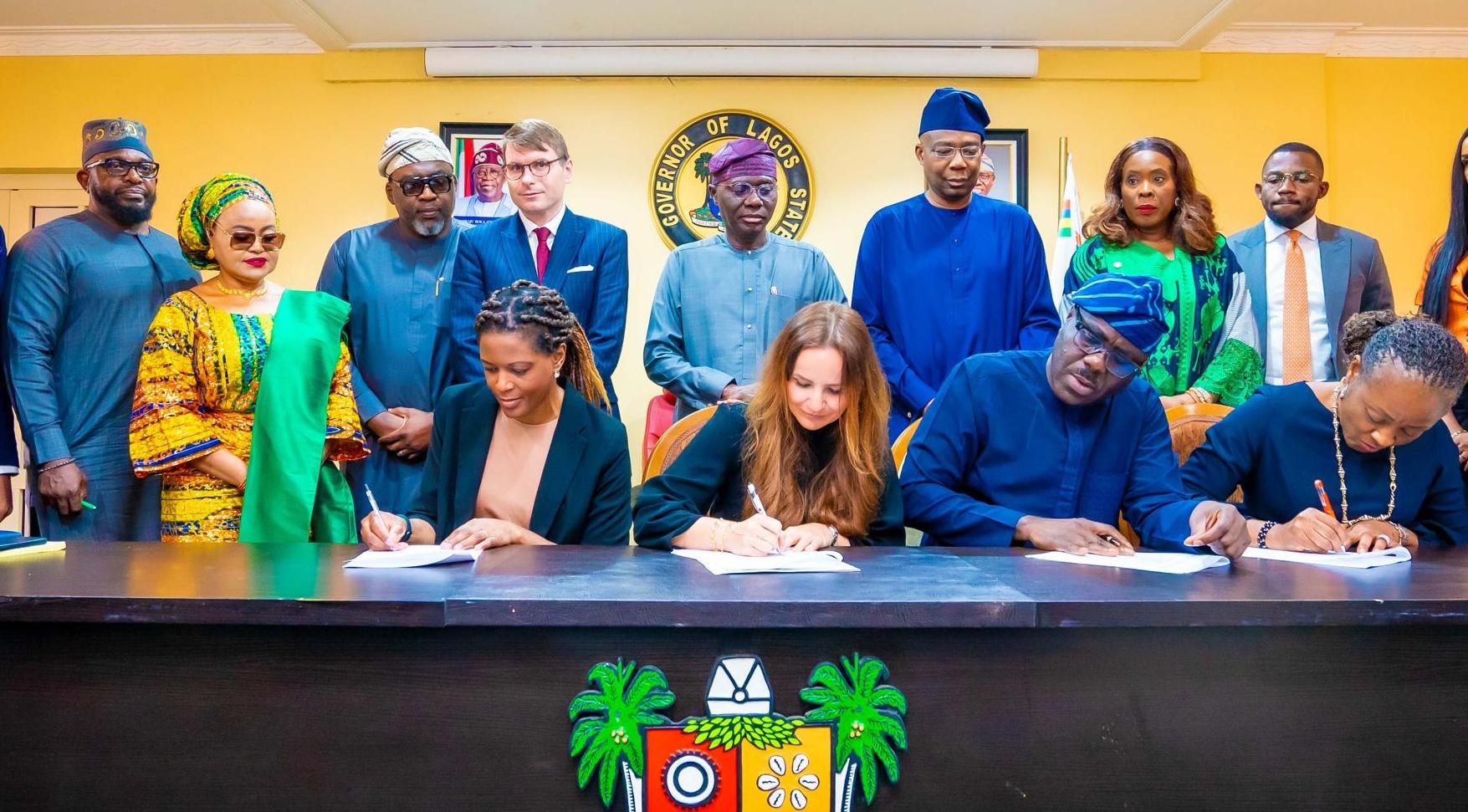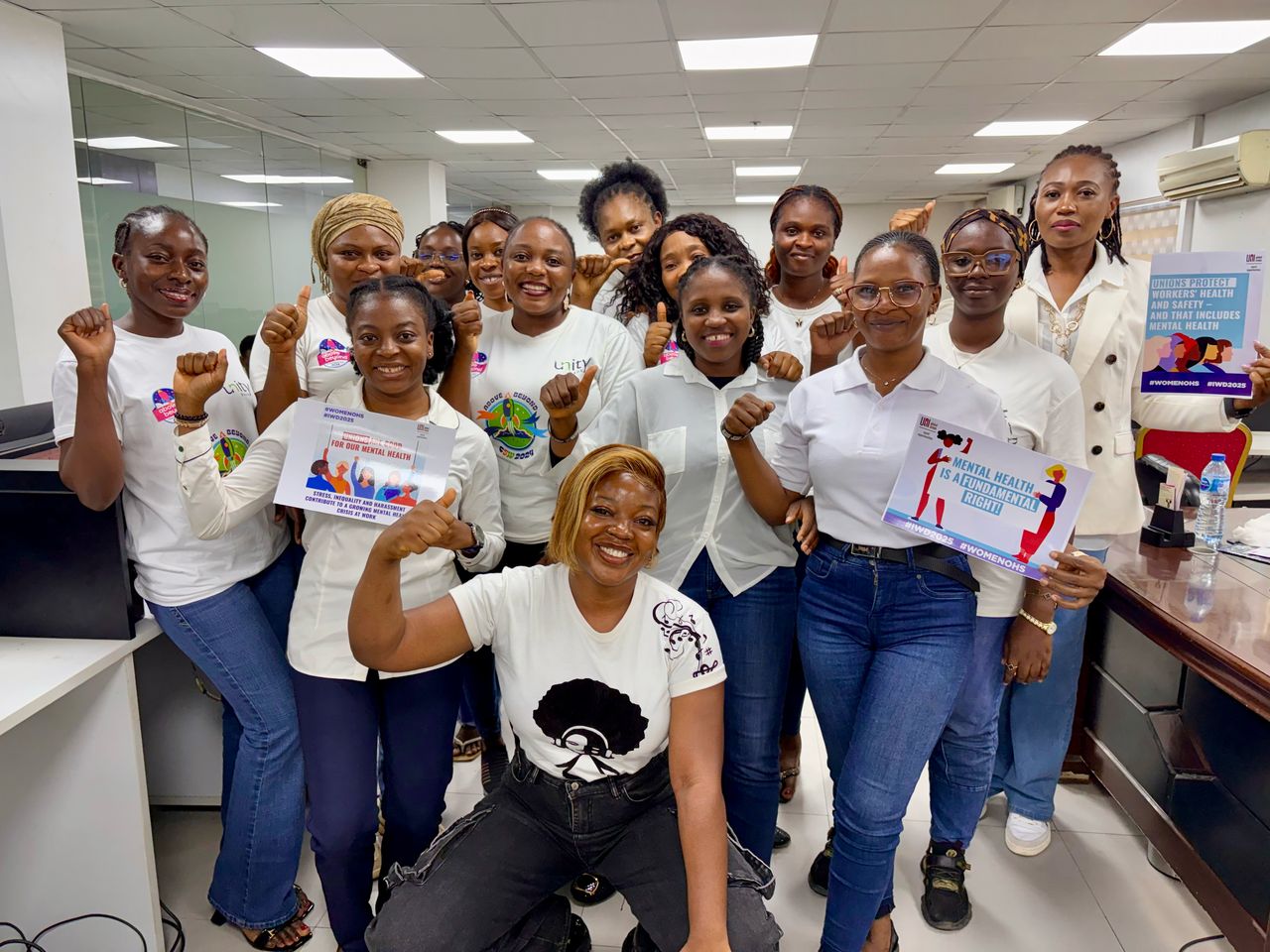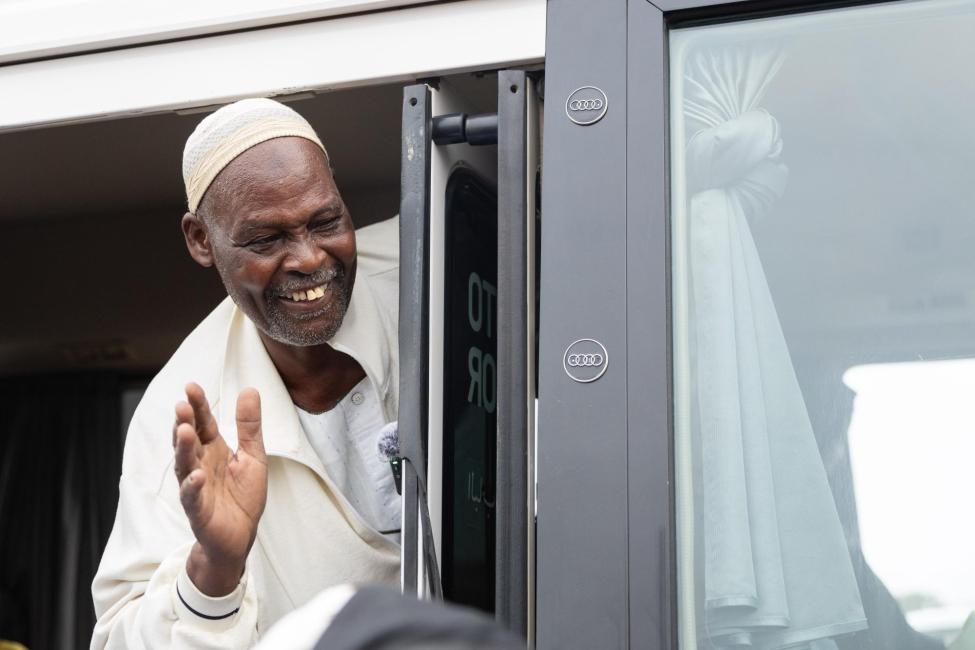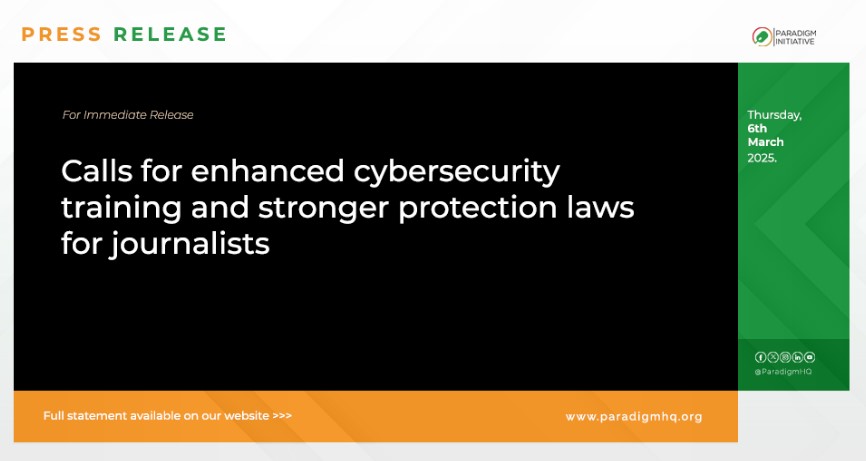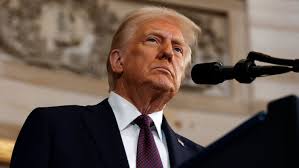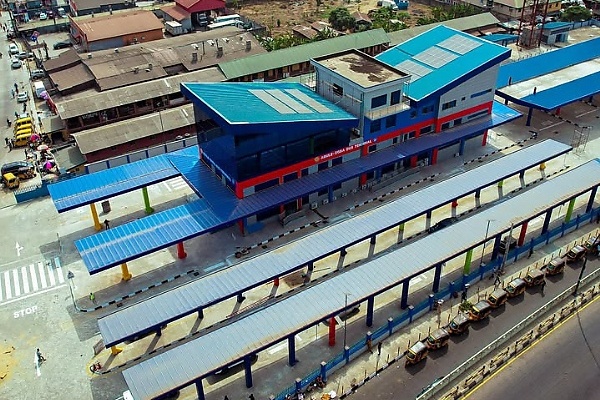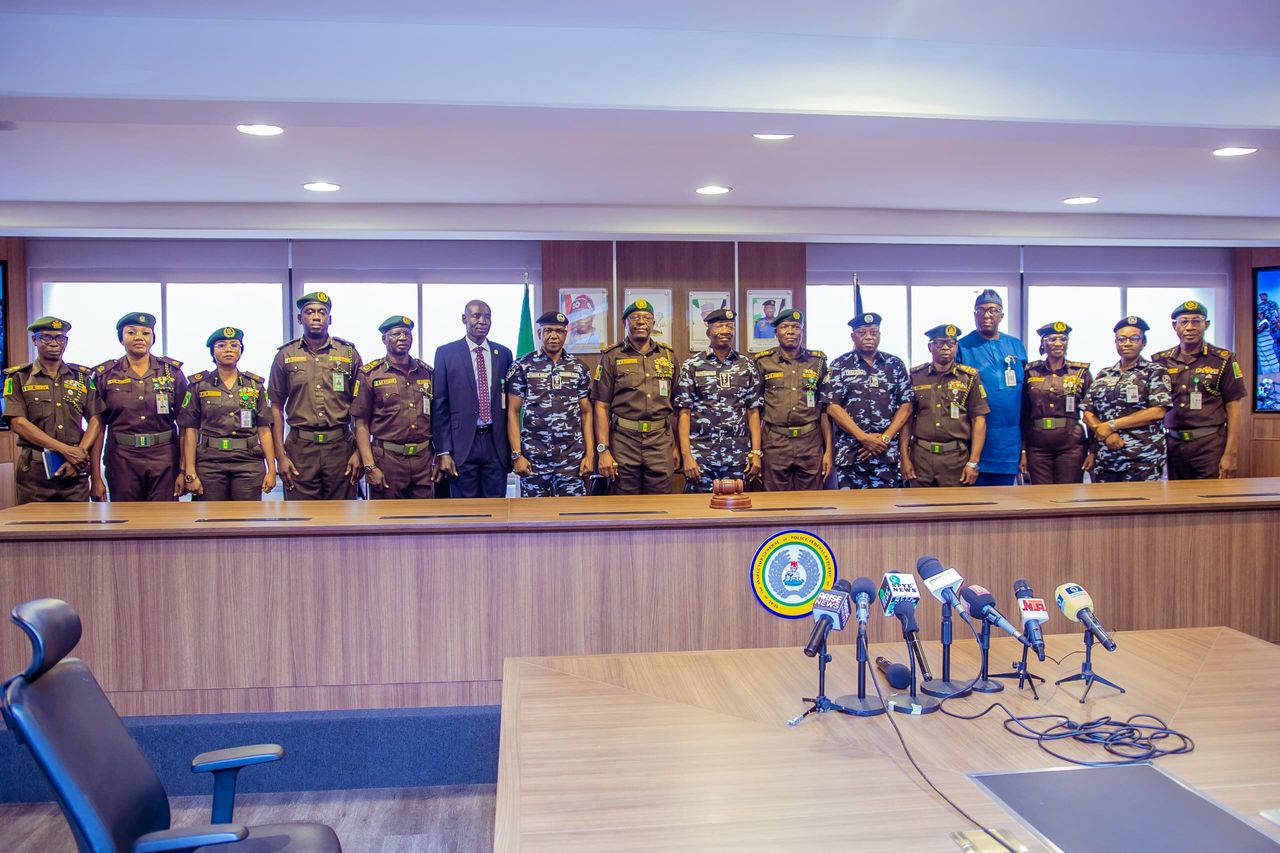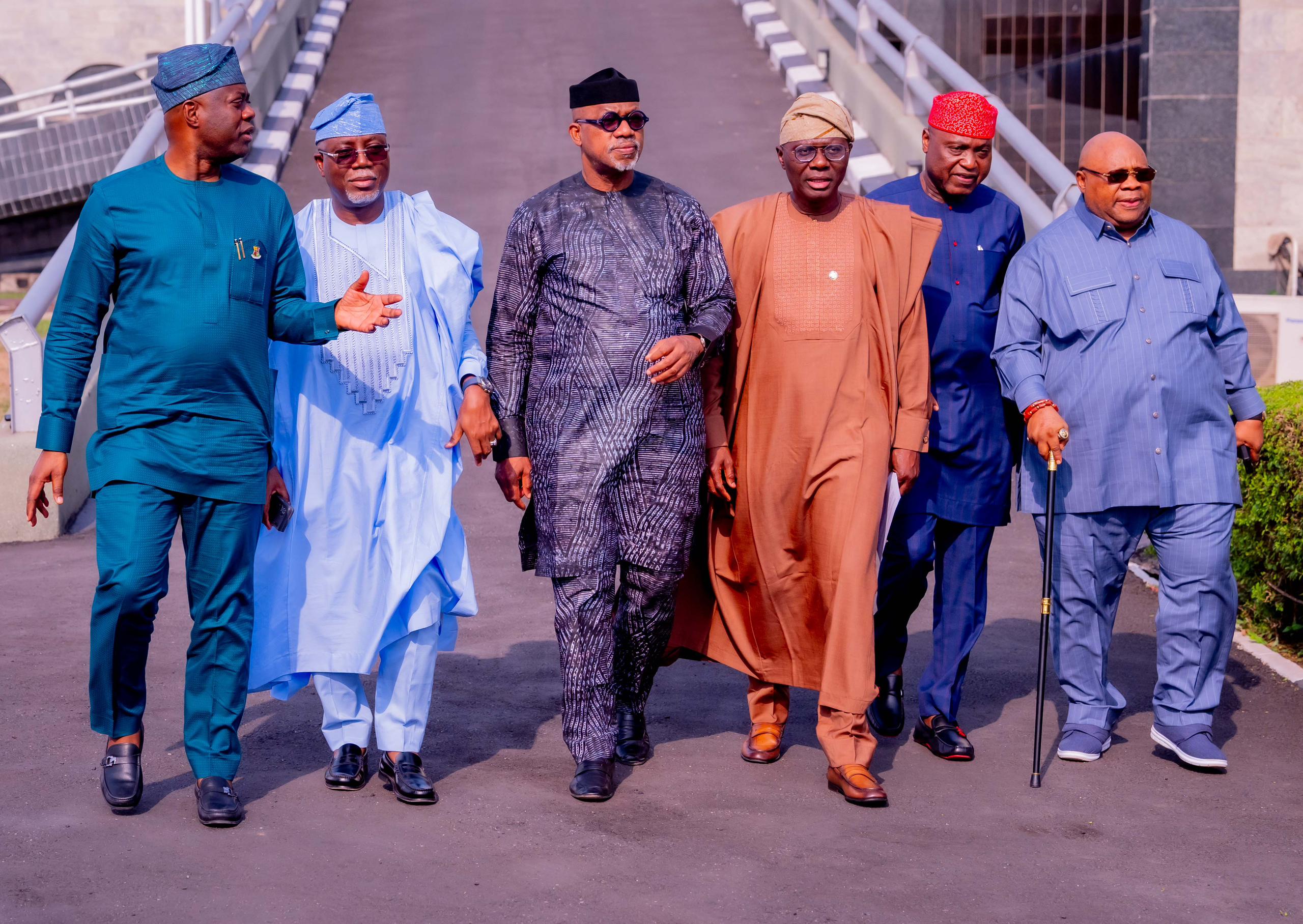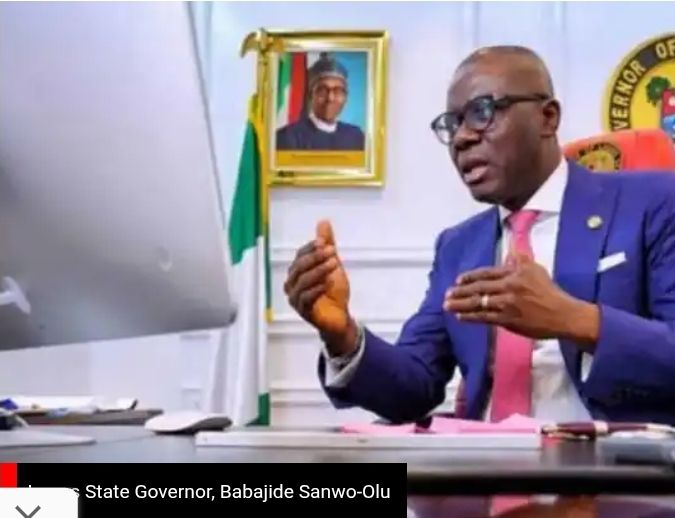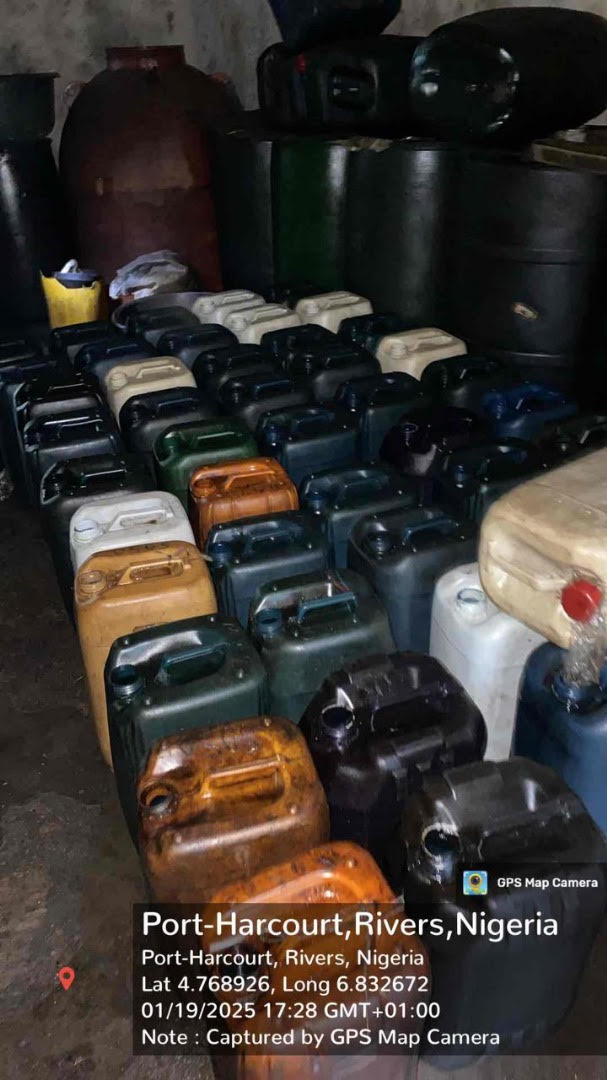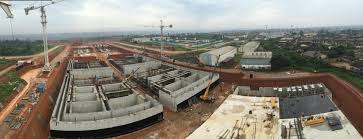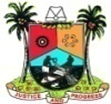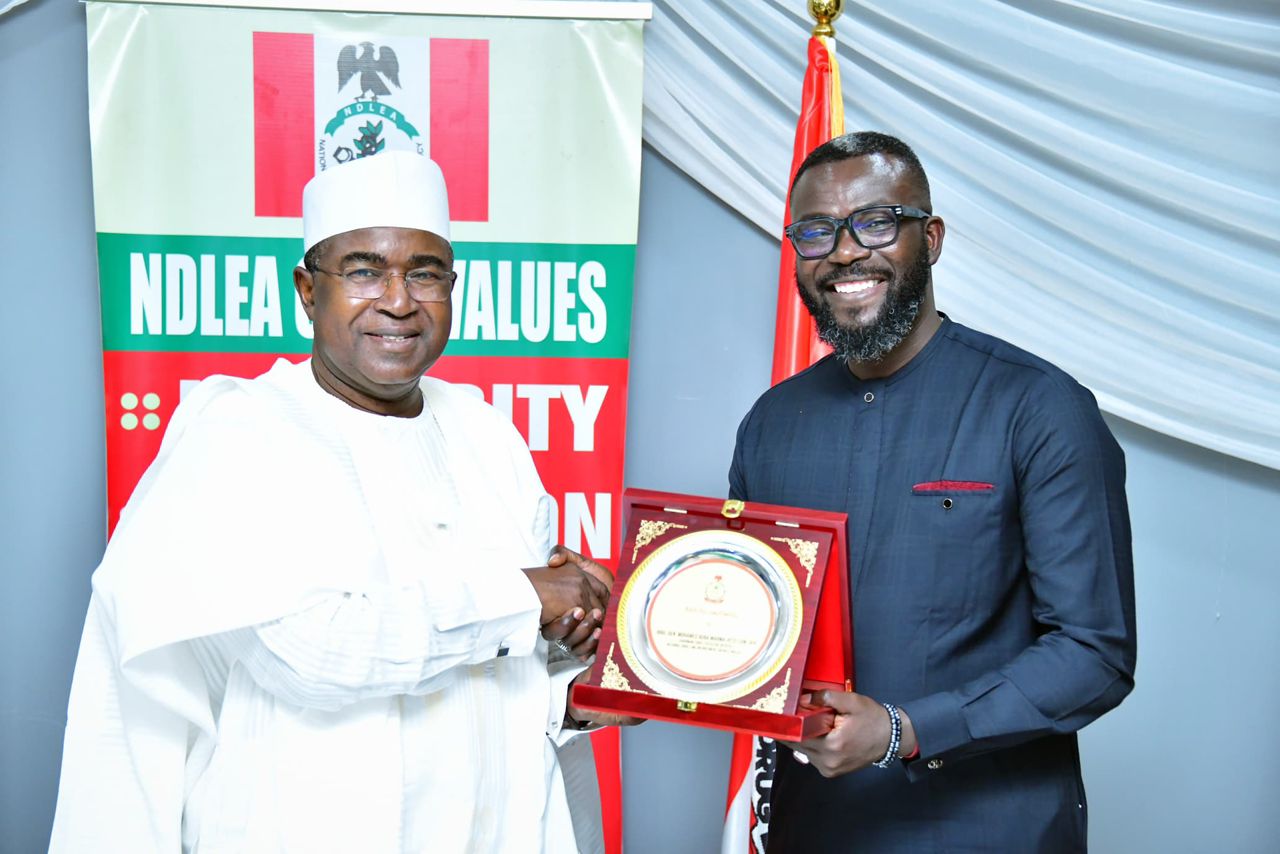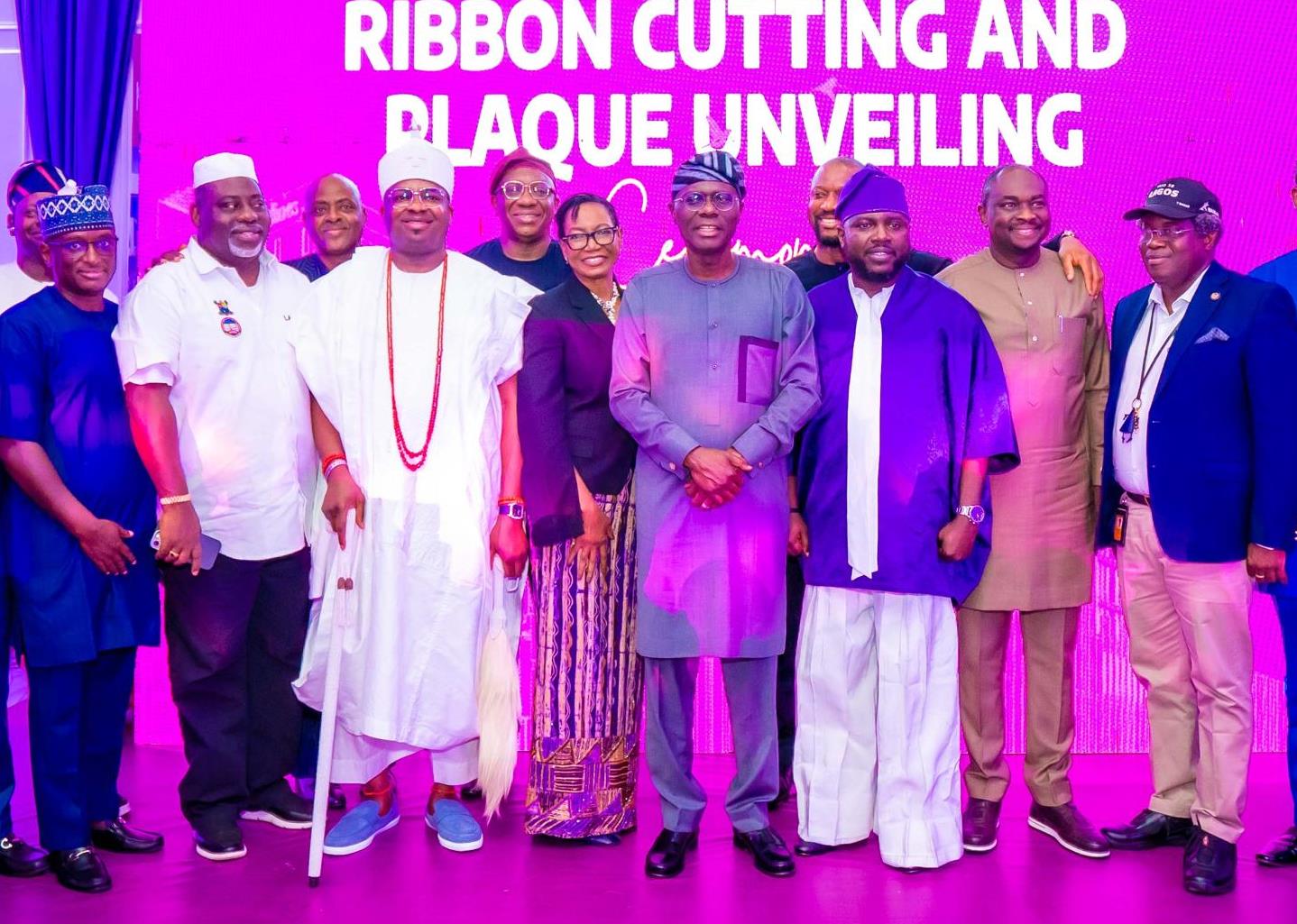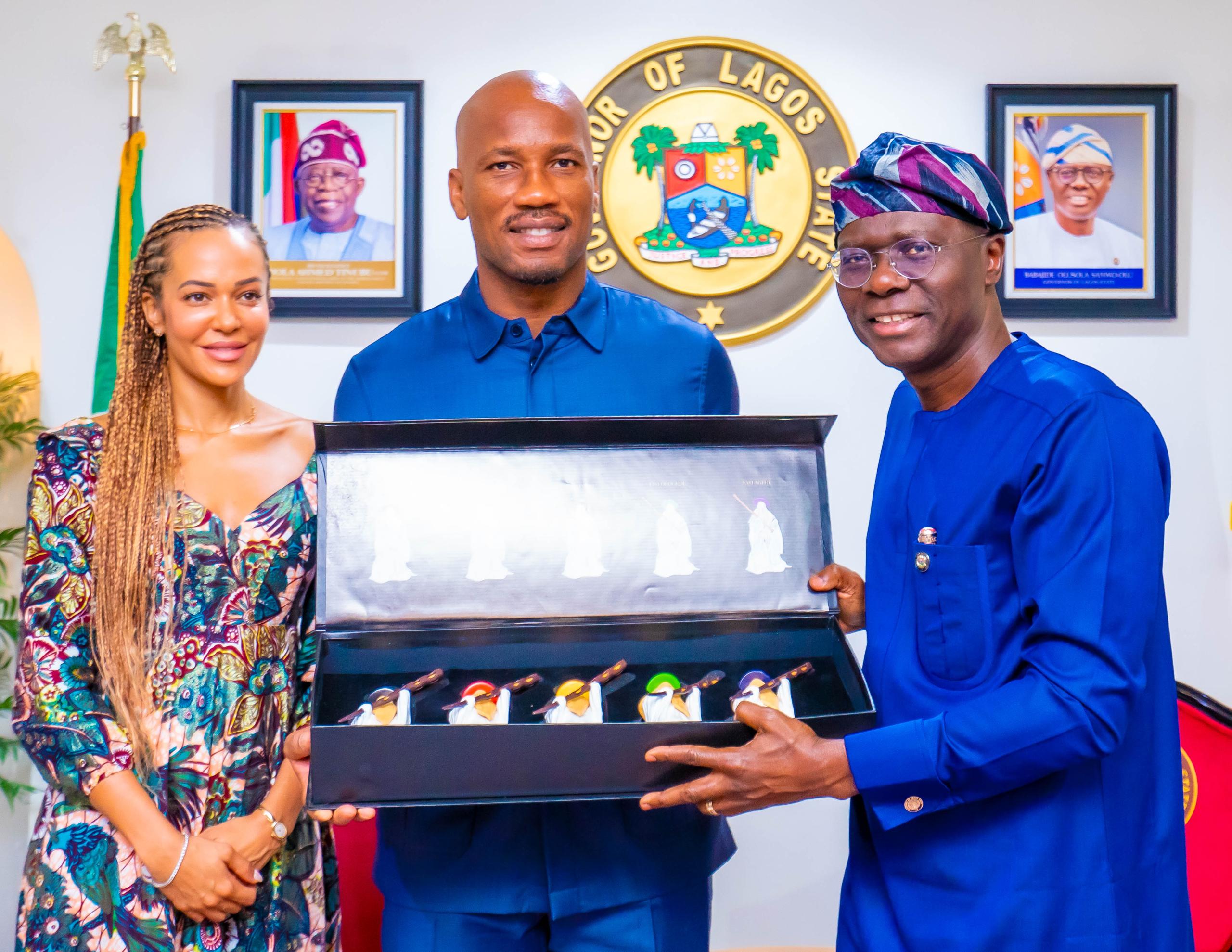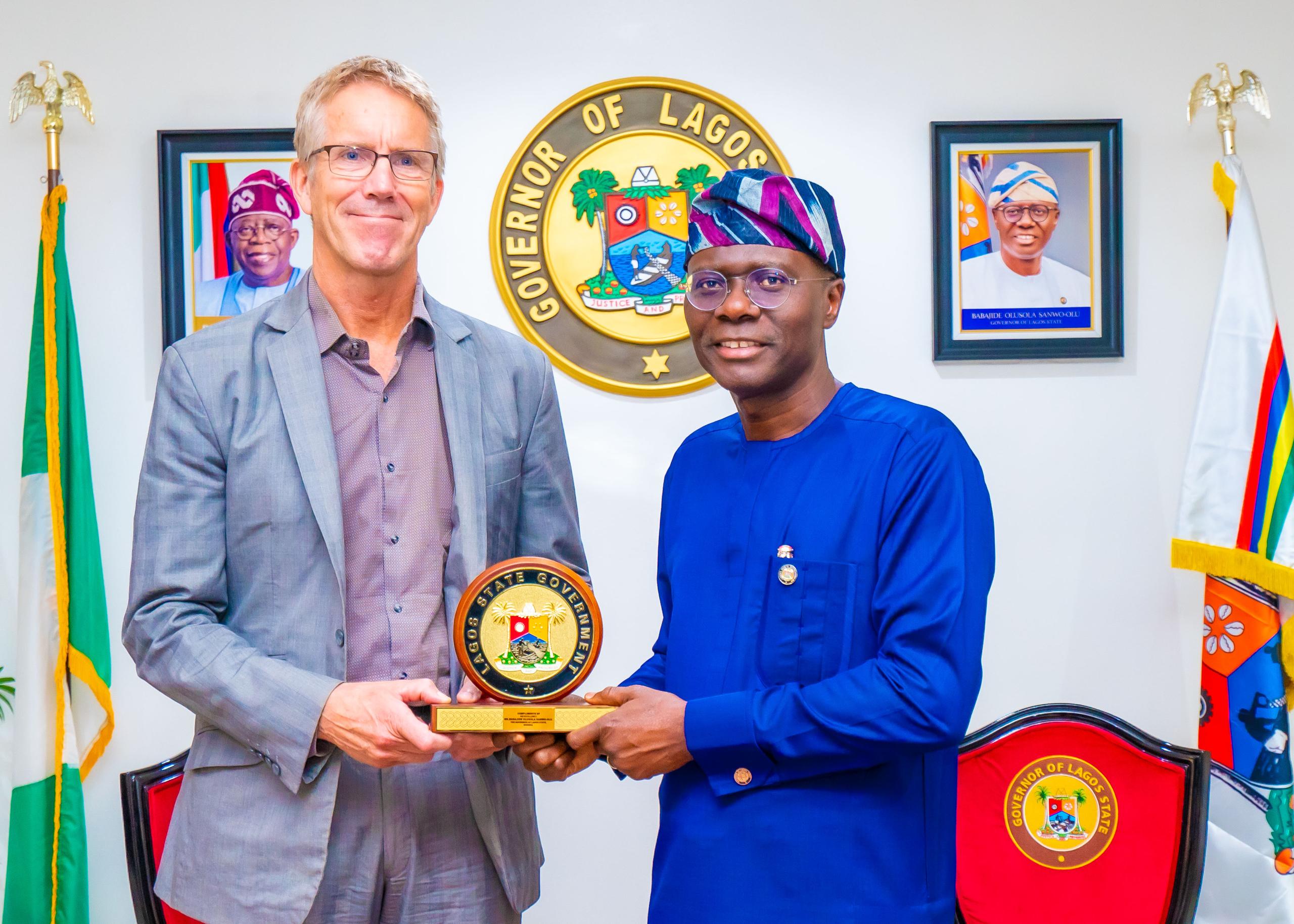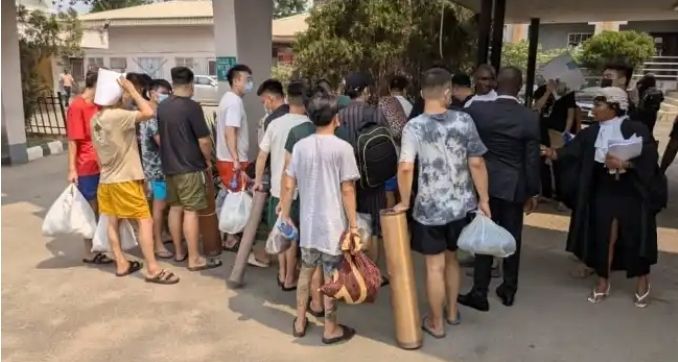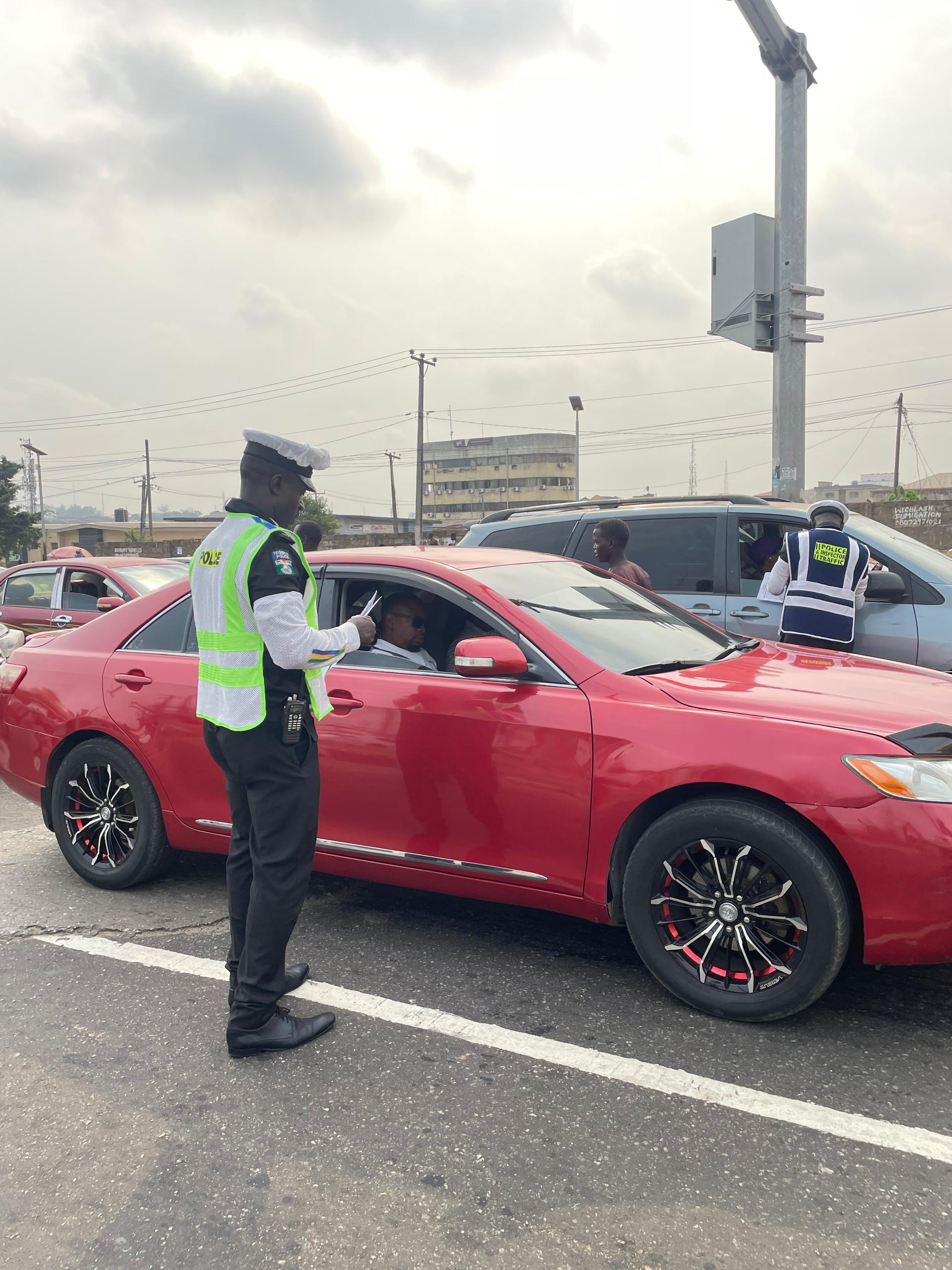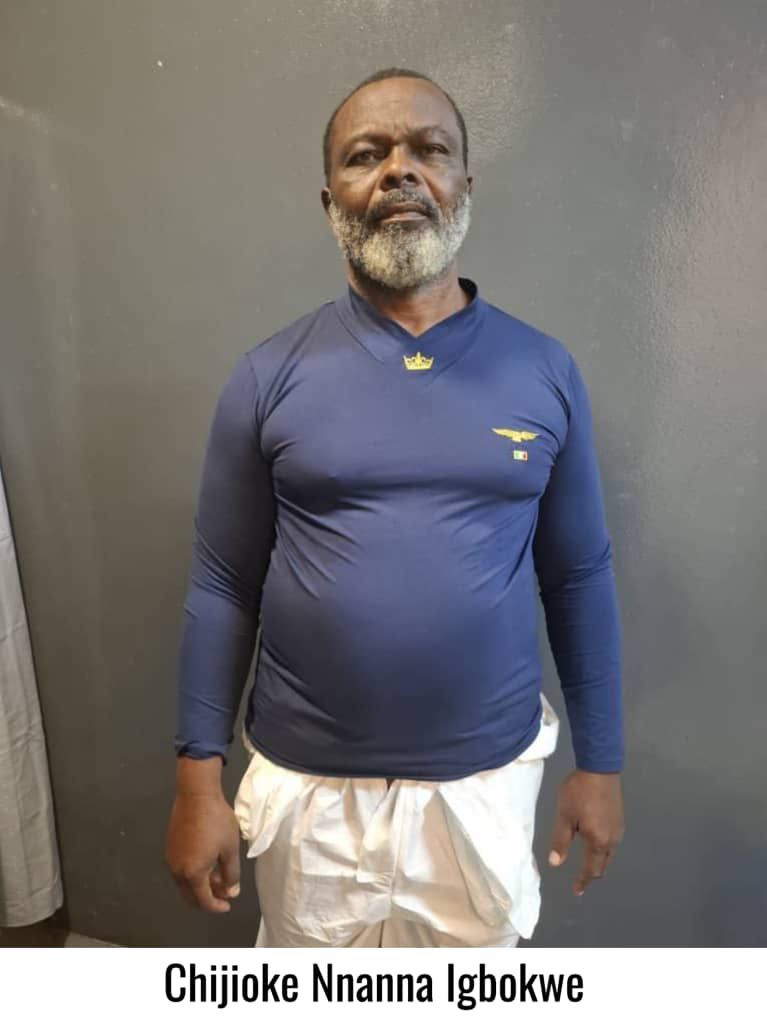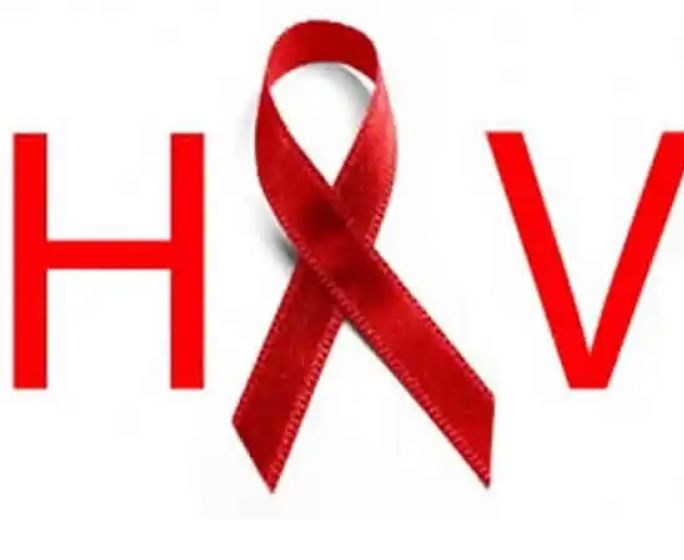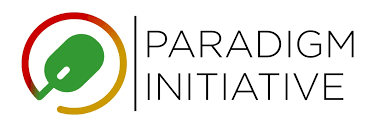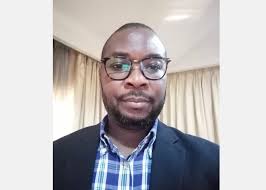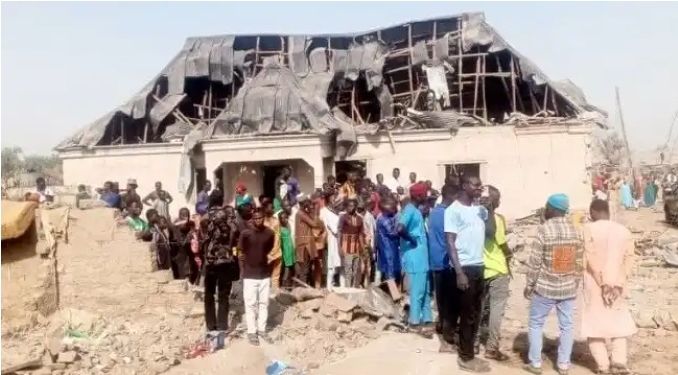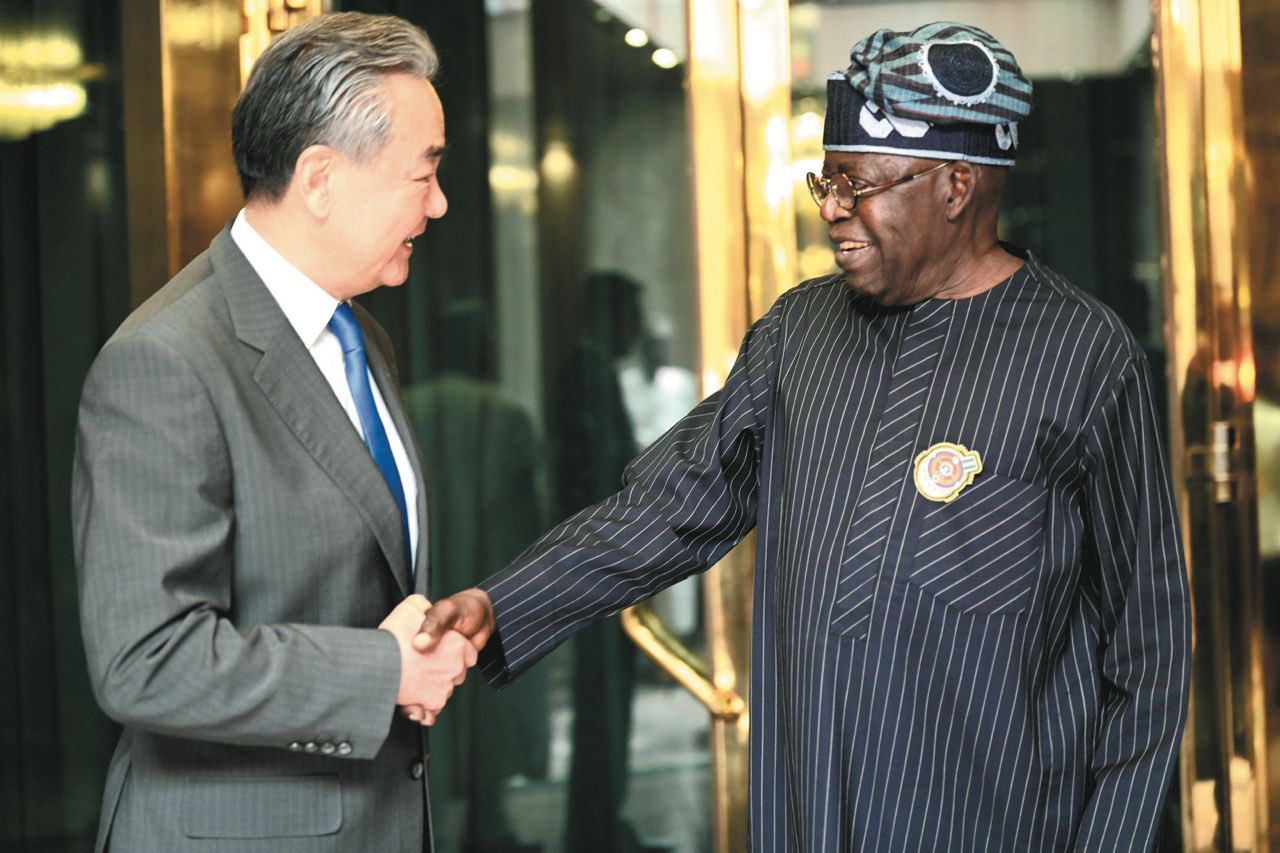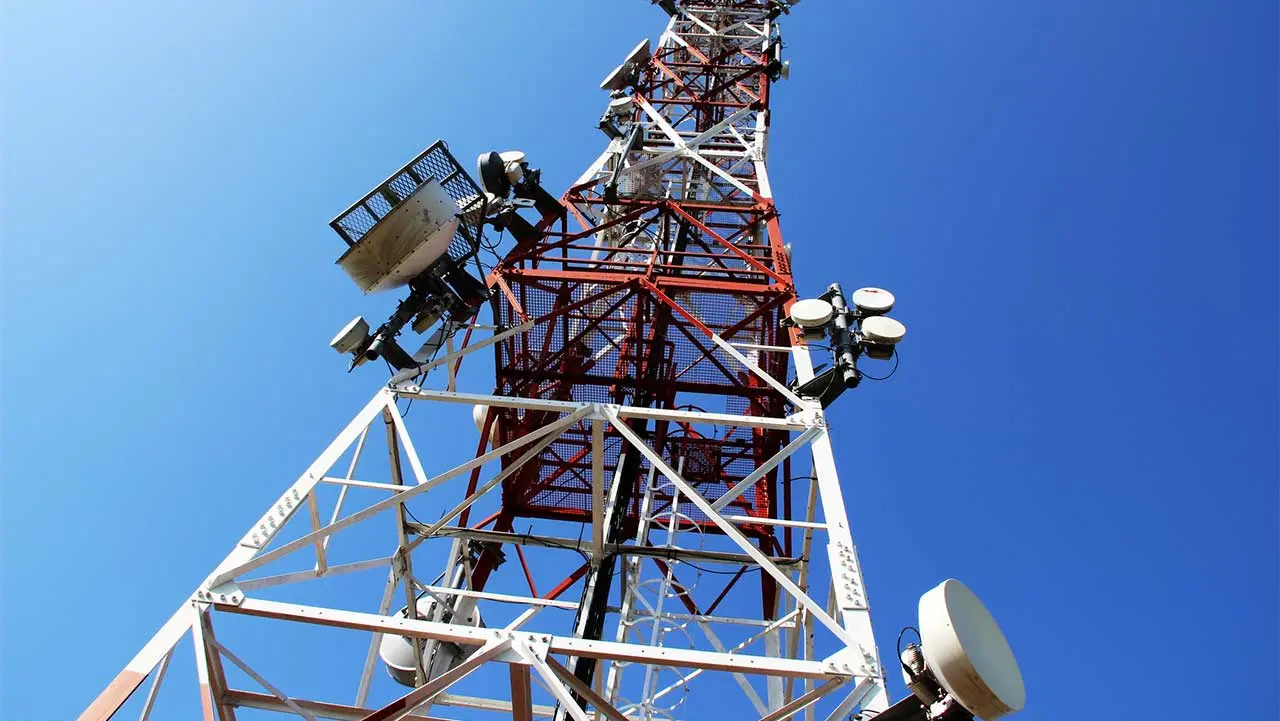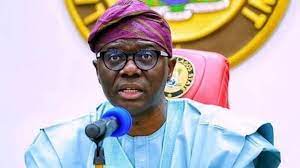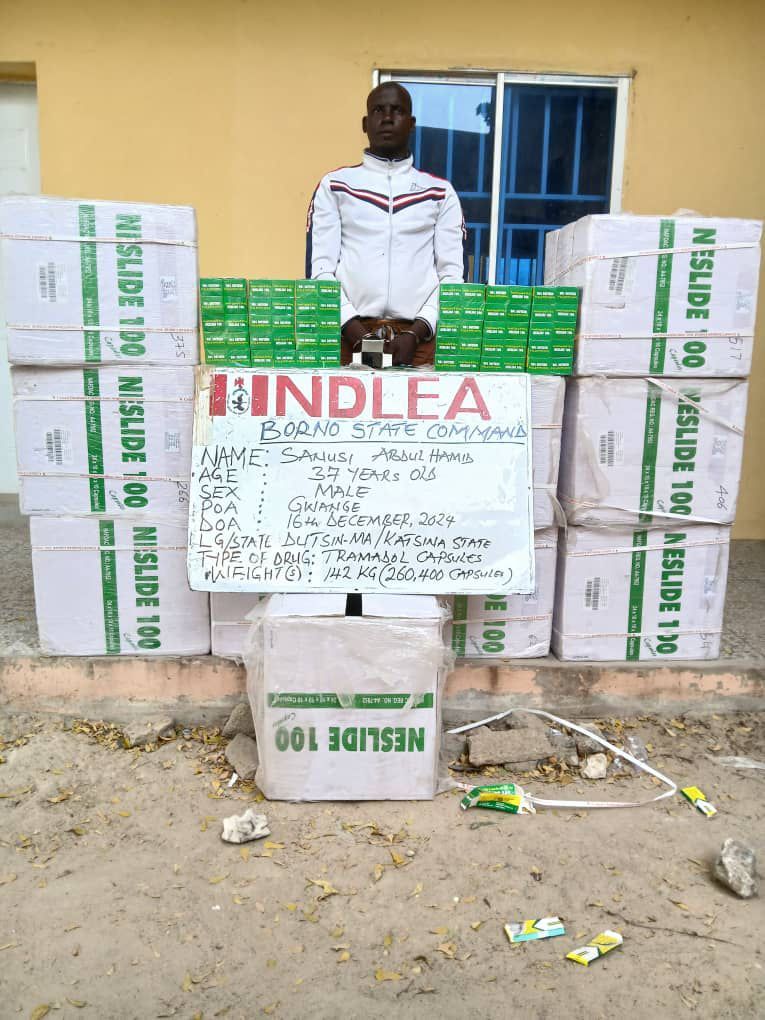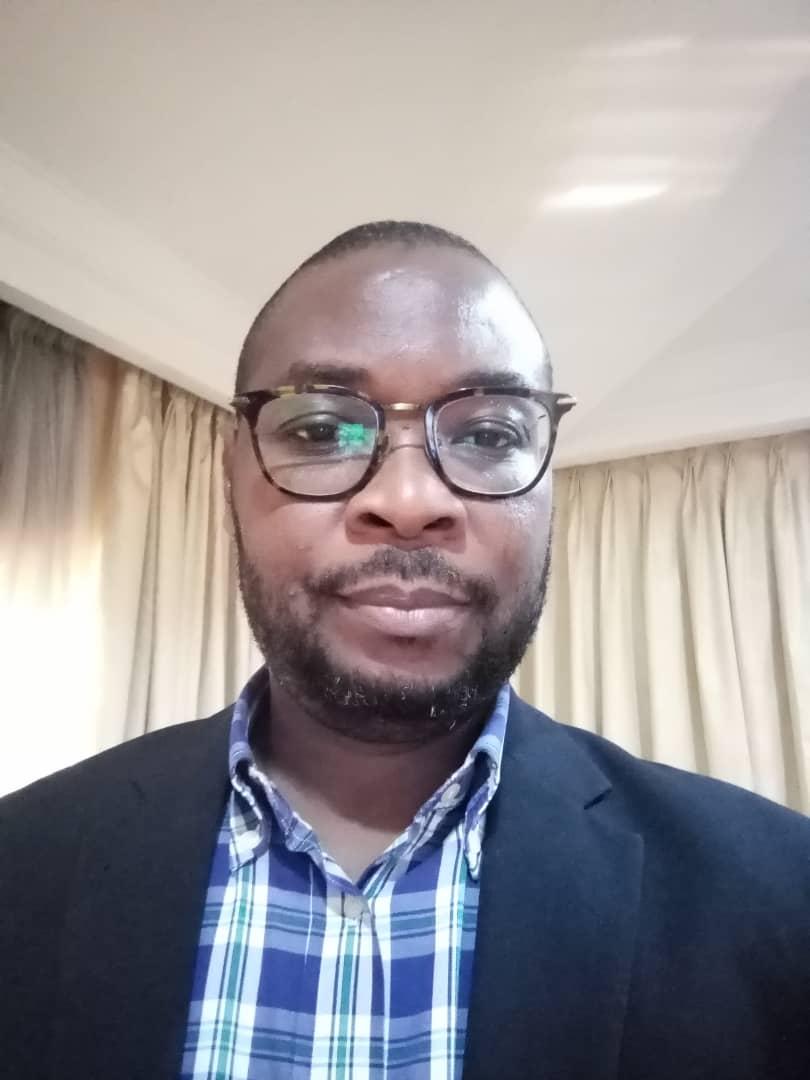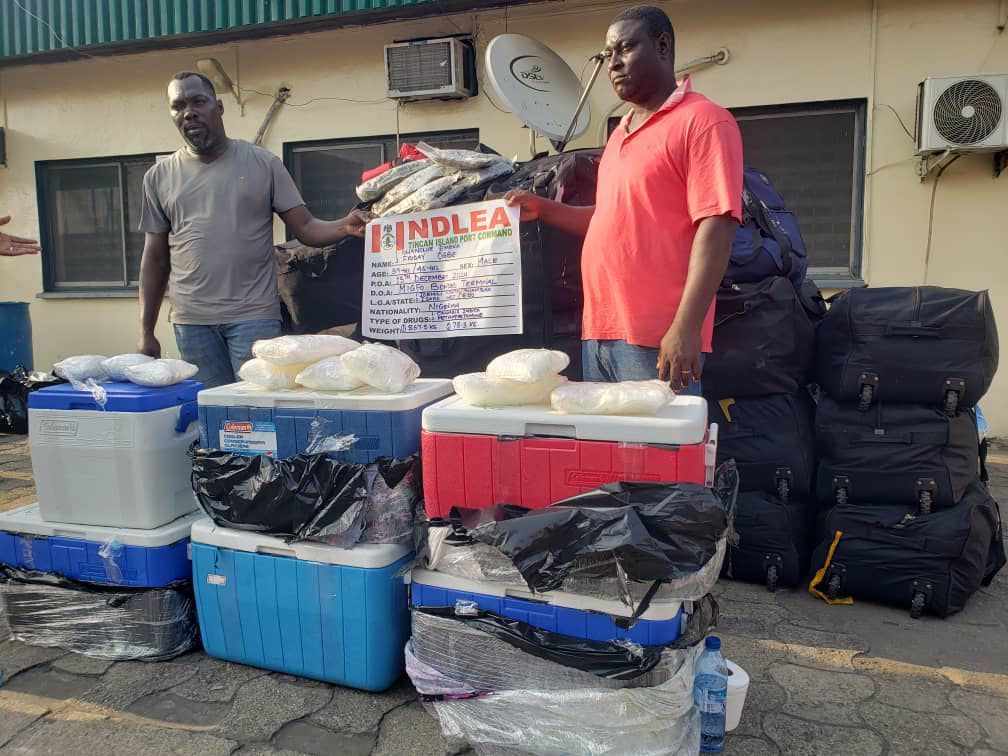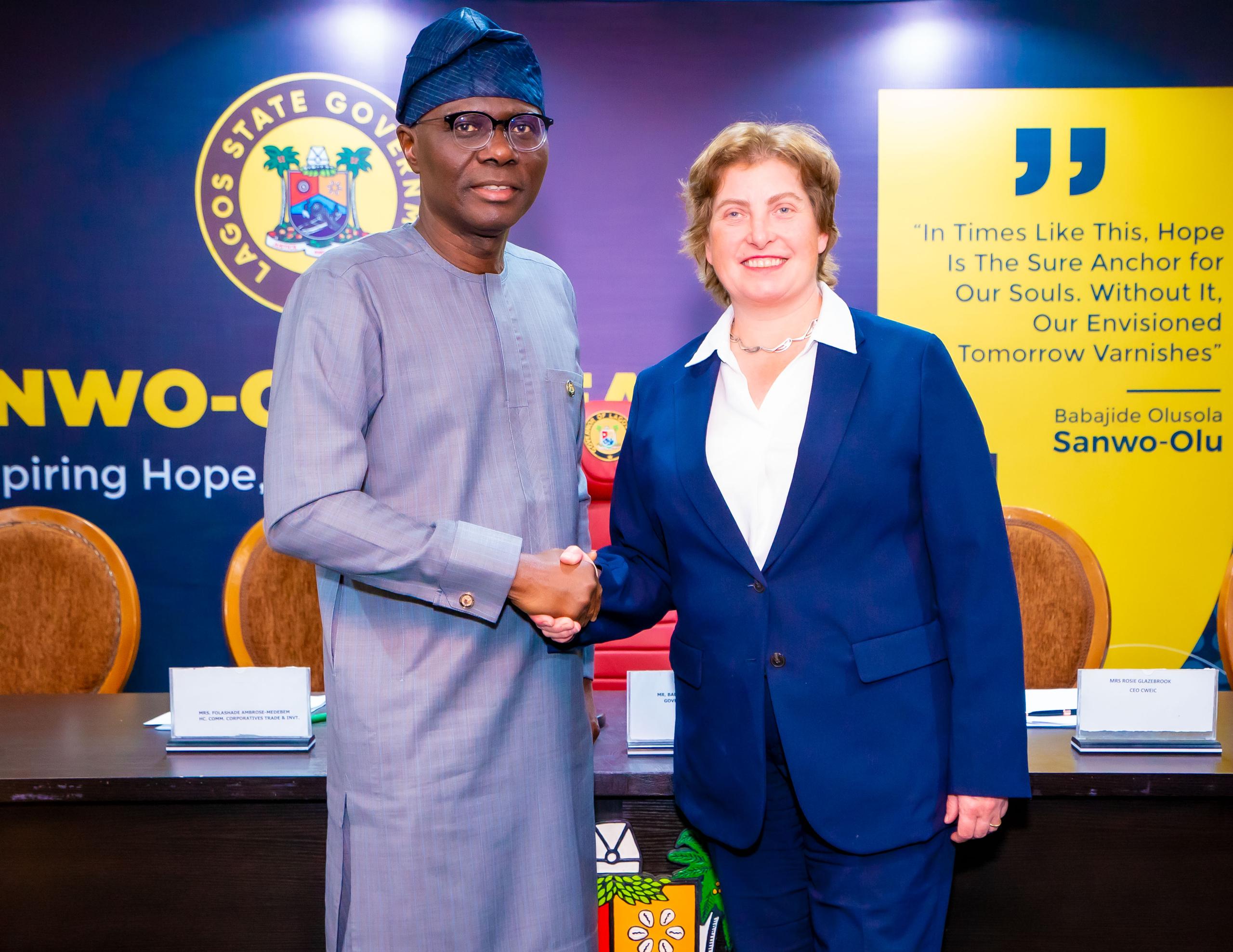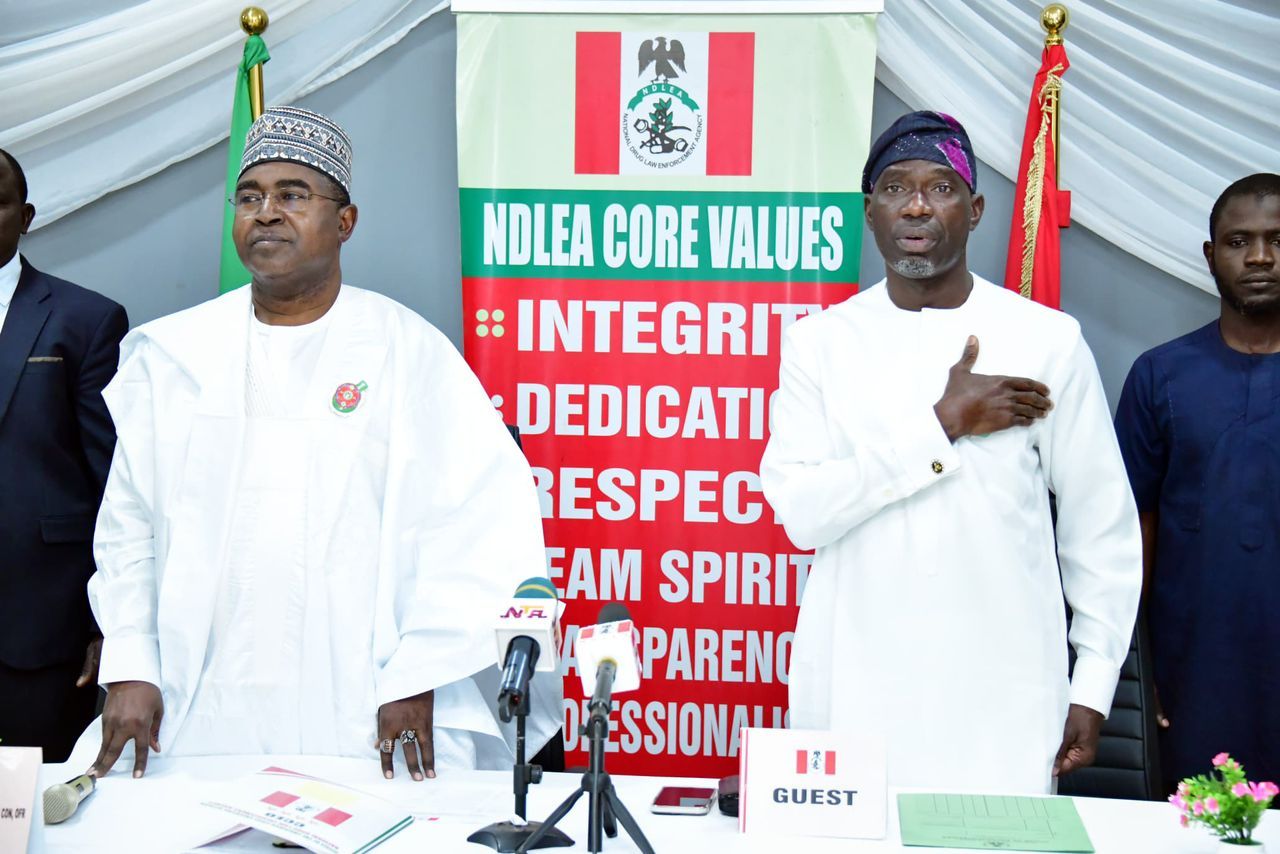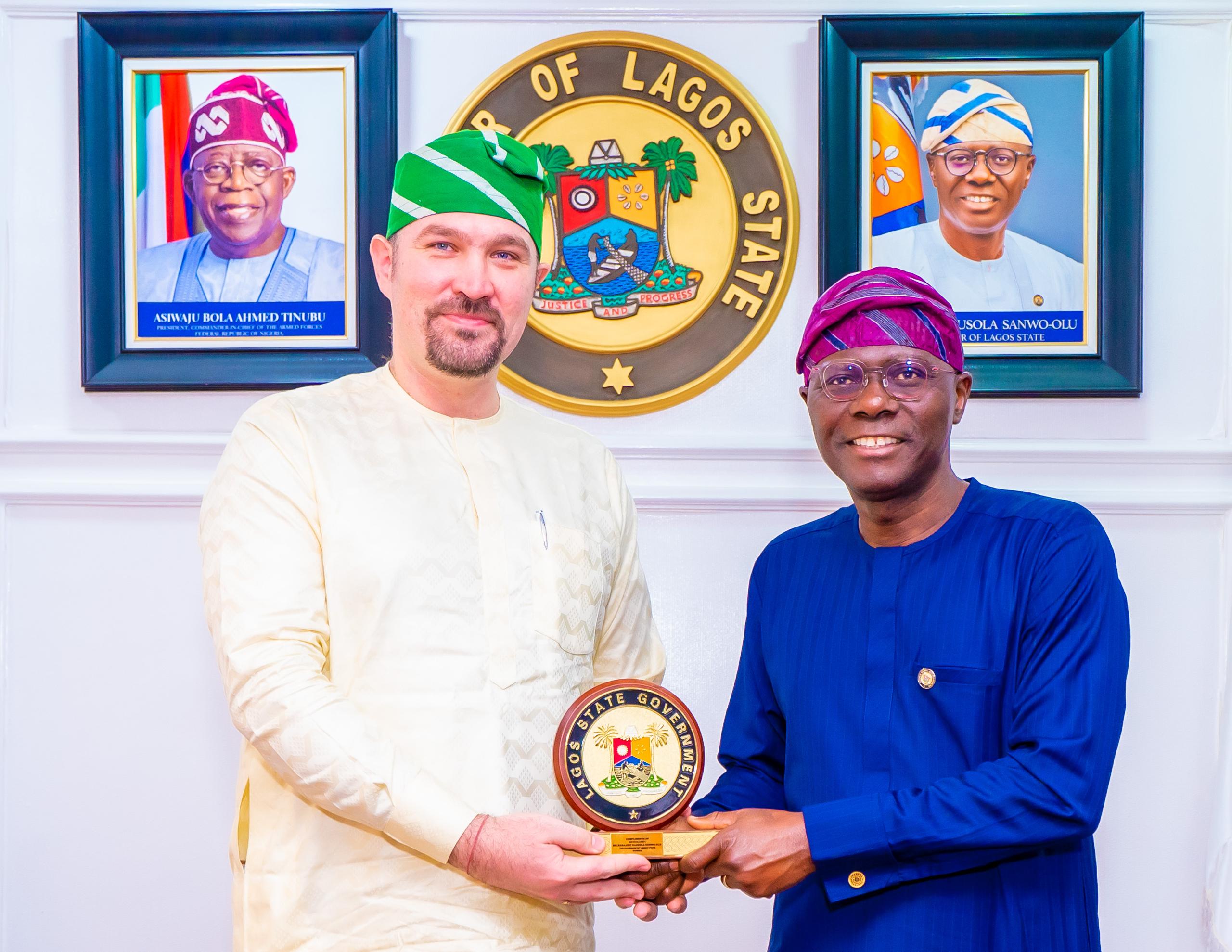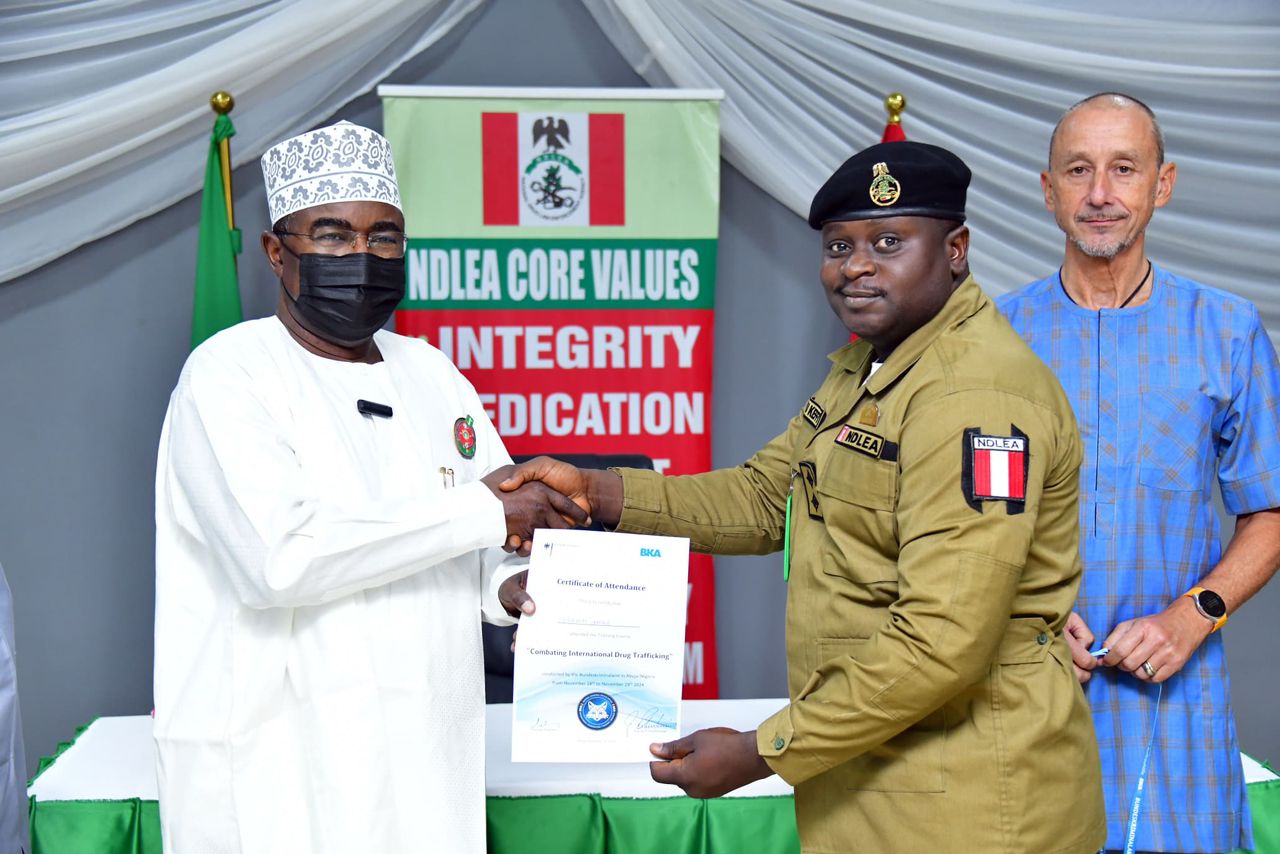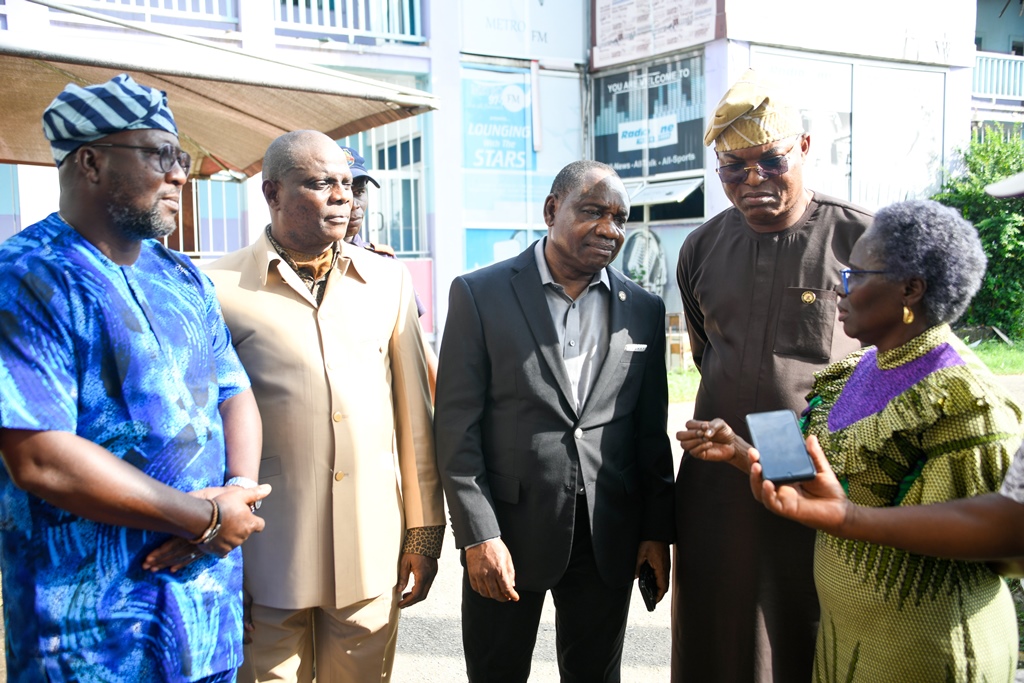Paradigm Initiative is seriously concerned over the alleged secret blocking of the domain names of #EndSARS related websites by the Nigerian government. Websites related to the campaign have been inaccessible as reported by many citizens and from independent checks carried out by Paradigm Initiative. These attempts are an unacceptable violation of constitutionally and globally guaranteed rights of freedom of expression and access to information.
In a similar development that occurred in October 2017, we monitored and challenged the Nigerian government’s censorship directive through the Nigerian Communications Commission (NCC), an agency which is supposedly independent. The NCC must not continue to offer itself to be used by the Federal Government under any guise to intimidate citizens who engage in legitimate protests and exercise their digital rights by leveraging digital platforms for the protest.
According to Paradigm Initiative’s Senior Program Manager, Adeboye Adegoke, “Section 39 of the Constitution of the Federal Republic of Nigeria expressly provides that every person shall be entitled to freedom of expression, including the freedom to hold opinions and to receive and impart ideas and information without interference. Article 19 of the Universal Declaration of Human Rights provides similarly that everyone shall have the right to freedom of expression. This right shall include freedom to seek, receive and impart information and ideas of all kinds, regardless of frontiers, either orally, in writing or in print, in the form of art, or through any other media of his choice”
While commenting on the development, ‘Gbenga Sesan, Executive Director of Paradigm Initiative says that “Paradigm Initiative has sent a Freedom of Information request to the NCC to answer key questions such as who ordered the recent blocking of websites, the reason for the blocking, disruption, or restriction on these websites. We want to know under which legal provision this is being carried out and if the NCC authorised the blocking, disruption, or restriction of these websites. We also need to know if the owners of the websites were informed that their websites will be blocked, and if they were given an opportunity for a fair hearing. Another question that must be answered is: Did the NCC act independently or was it acting on behalf of other government institutions?”
Mr. Sesan further stated that “in a country with increasingly closed civic spaces and one that must do more work to protect freedom of expression and press freedom, a dangerous precedent could be set if the NCC continues to carry out the restriction of access to websites that are critical of government or that support citizens’ right to contribute to our democracy.”
While speaking further on the development, Senior Program Manager at PIN, Adeboye Adegoke, said that “the right to receive information and the right to give information is expressly codified in legal instruments recognised in Nigeria, so it would be sheer defiance by the NCC to attempt to make a derogation in such a manner.”



